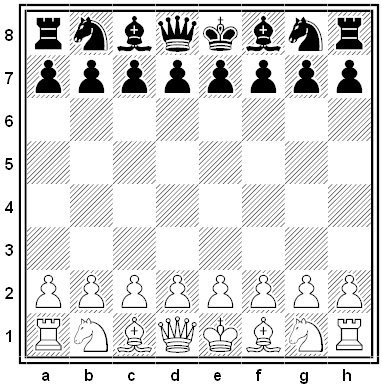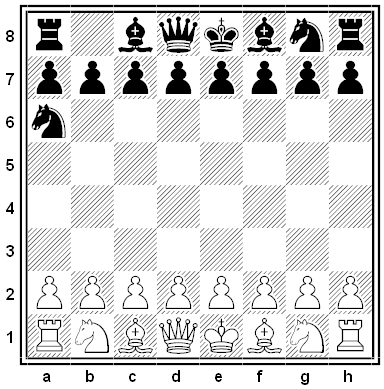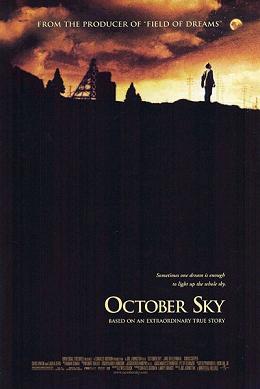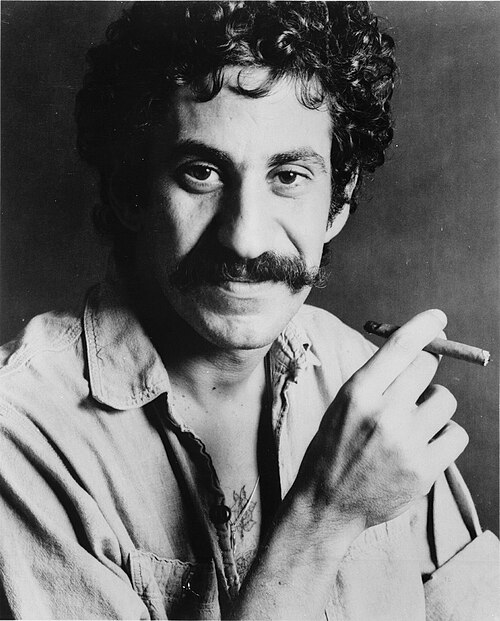In an 1890 cable match with Mikhail Chigorin, Wilhelm Steinitz played a Two Knights’ Defense in which his king knight found its way from g1 to f3, g5, h3, and g1 again in the first 13 moves. Beside himself, Siegbert Tarrasch wrote this satirical account of a game played 30 years hence, in 1920:

1. Nf3
Introduced by Zukertort, in honour of whom the opening is named. But as the latter never hit upon the correct continuation, it is better known at the present as the Four Knights’ game.
1. … Nf6
Zukertort’s opponents used to play 1. … d5, showing but a superficial knowledge of the true science of chess by moving Pawns which they could not retract. The text move is the only correct one.
2. Nc3
An excellent move, demonstrating powers of deep strategy. A novice might be tempted to play 2. d4 instead of the text. It cannot, however, be sufficiently impressed upon the mind of the student that a Pawn when once moved cannot be retracted, and that it forms a target for attack from the adversary’s pieces.
2. … Nc6
The second player also displays great generalship.
3. Ng1
A masterly conception! Threatening to obtain considerable advantage by also retiring the other Knight, and thereby preventing his pieces from being molested by hostile pawns for a long time.
3. … Ng8
Perceiving the danger at the right moment, this manoeuvre leads to at least an even position.
4. Nb1! Nb8!!
The spectator sees — doubtless with admiration — two masters of the highest rank thoroughly acquainted with all the most subtle points connected with the game of chess. Both sides are guarding against creating weak spots by pushing Pawns rashly. In former days experts used to move these Pawns for the purpose of developing pieces. But as early as the end of the last century it became more and more obvious that this is a mistake, for if once moved they may be attacked by hostile pieces, and even captured if not properly taken care of.
5. Nh3
An ingenious attempt to gain an advantage in another way. That the Knights are better placed here than in the centre of the board where they command too many squares was equally well known at the end of the last century.
5. … Na6!!
6. Na3!!! Nh6!!!!It would be difficult to imagine play on either side more precise or more accurate and entirely in accordance with the accepted rules laid down by the masters of the present day.
7. Ng1 Ng8
Both of these moves were originated by the greatest master of the last century, who played them in a celebrated correspondence match. He was the only chess-player of his time who had penetrated so deeply into the theory of the game. He was considered the father of modern chess.
8. Nb1
At this stage Black offered a draw. White has a momentary advantage in having a piece less developed than his opponent. But this, perhaps, is not sufficient to win. The draw was therefore agreed upon.
(Via the British Chess Magazine, March 1891.)



